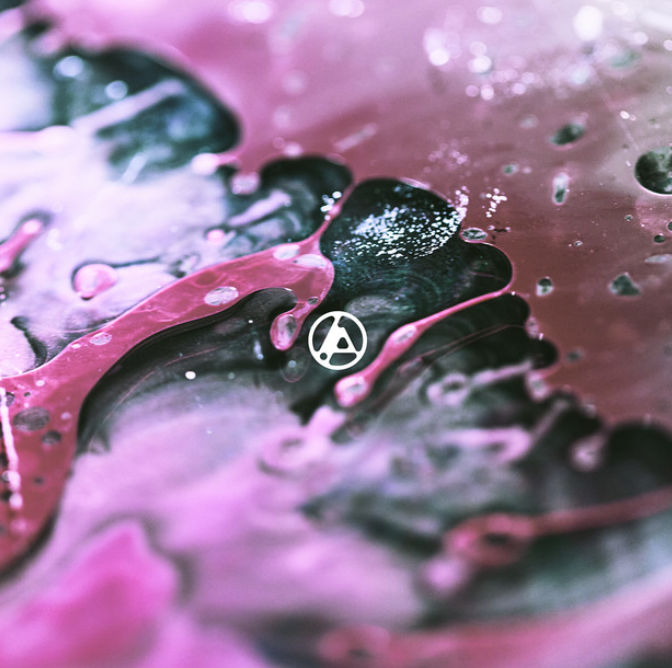Legendary rock band Linkin Park made an unexpected return from a seven-year hiatus with its newest album, “From Zero,” which released Nov. 15.
Famous for a unique blend of crushing metal riffs, sample-heavy hip-hop production and bravely raw lyricism, Linkin Park has gone down as one of the most iconic bands of the ‘00s alternative rock scene.
More misanthropic and angst-ridden albums such as the band’s debut “Hybrid Theory” and the fan favorite “Meteora” brought unprecedented commercial success early on, while the transition to a more pop-oriented sound on “Minutes to Midnight” continued to gain the band hit songs. This later era, however, caused a divisive reaction among fans, many of whom felt the group was abandoning what made it special to begin with.
Tragically, shortly after the release of the 2017 album “One More Light,” lead singer Chester Bennington died at age 41. The band quickly went on hiatus after, with co-leader Mike Shinoda focusing more on solo material. Bennington’s distinctly raw and dramatic vocals were so integral to Linkin Park’s success that it seemed near impossible to imagine a reunion.
This is what makes “Near Zero” one of the biggest musical surprises of the year, releasing to simultaneous fanfare and suspicion.
The most hotly debated aspect of this return is the arrival of new vocalist Emily Armstrong, who had previously worked with hard rock group Dead Sara. Replacing Bennington was already guaranteed to be divisive, but further controversy arose once Armstrong’s ties to the Scientology movement were discovered.
This may be the most pressure Linkin Park has ever had to deliver under, attempting to silence doubters and prove that this new era will be a success. The results, sadly, are more of a mixed bag than one would hope for. While there are bright spots, the band regularly leans on its worst instincts, focusing on generic pop rock over its sweet spot of experimental and emotional metal.
The opener, “The Emptiness Machine,” is a strong start, with a pummeling industrial drumline, roaring guitars, and well-balanced vocal tradeoffs between Shinoda and Armstrong. Any worries about the new vocalist are quelled, as she brings a powerful, emotionally charged performance here and then through the rest of the album. Even during the weaker moments, she remains a valuable addition.
However, the momentum of the first song comes to a halt on the following track “Cut the Bridge,” an exemplar of the pitfalls Linkin Park has struggled to avoid. While the pop material is far from terrible, there remains a strange tendency to slip into cliché that is avoided on their more adventurous rock songs. Here, the awkward chanting vocals on the chorus and nondescript instrumentals create instant forgettability.
“From Zero” generally remains in these two gears, moving between the band’s strong suit of angry nu metal, a genre based in mixing alternative metal with hip-hop and funk elements, and the more tired, generic pop rock. It feels as though the band was nervous about the risk of introducing a new singer and chose to avoid further divisive reactions by playing it as safe as possible. There are moments here and there that hint at intriguing new directions, such as the punkier song “Casualty” and the more atmospheric “Overflow,” but these just make a listener wish for more variety.
The true lowlights of the album are the annoying songs “Over Each Other” and “Stained,” tracks that are worryingly reminiscent of the most overblown and overproduced electropop of the 2010s. The choruses are aggravating, and the lyricism is drenched in the most banal of metaphors.
The best parts of “From Zero” live up to the hype and do a great job of highlighting the group’s strong points. “Heavy Is the Crown,” which has also been used recently for the video game “League of Legends” and its adjacent Netflix show “Arcane,” finds everyone in their stylistic comfort zone, with soaring riffs and infectiously melodic samples. “Two Faced,” moving into a darker and eerier sound, includes horror-movie strings and Shinoda’s best rapping across the album, before transitioning into a ferocious chorus carried by Armstrong’s harrowing screams.
The album ends on some middling notes. “IGYEIH” is a more flavorless rendition of the band’s metal stylings, while “Good Things Go” is a fine slow-tempo closer. Neither song offers the fireworks or the doldrums of the earlier sections, settling on a strangely nondescript finale.
It’s hard to call “From Zero” a true disappointment. In fact, it’s a step up from the dreadfully generic pop of the band’s final Bennington-lead album, and there are enough powerful songs to somewhat satisfy. Overall, though, it sounds like a group unsure of where to go and stuck in a route of complacency.









